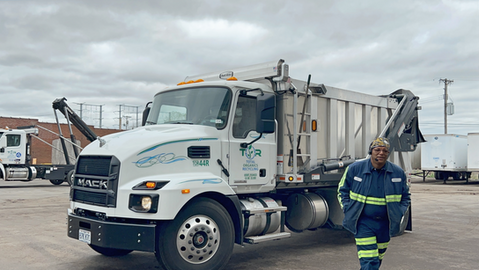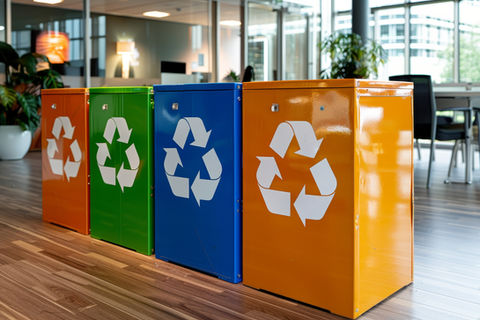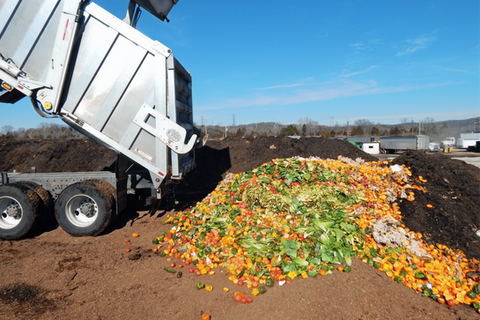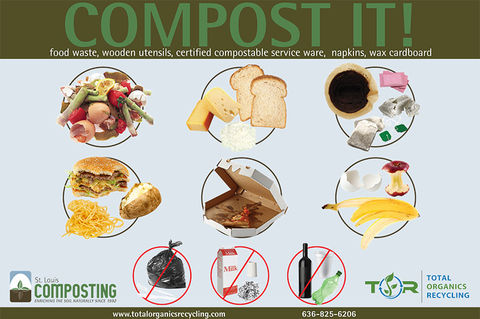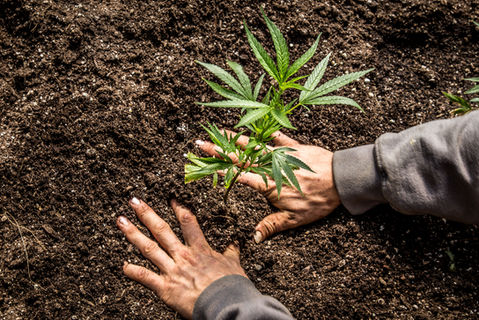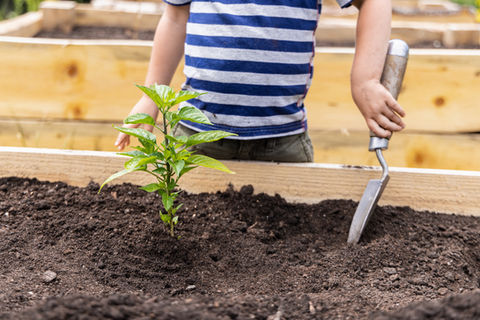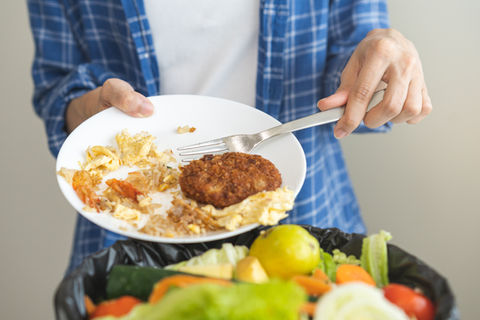Total Organics Recycling
Organic Waste Pickup Near You
We recycle over 300 tons of organic waste each week from a wide range of local partners, including businesses, restaurants, schools, healthcare facilities, municipalities, food manufacturers, dispensaries, cannabis growers, and entertainment venues.

our process
Total Organic Recycling collects organic material, then what? Once we pick your discarded organics, they are delivered to a St. Louis Composting commercial compost facility, where they are broken down into a nutrient-rich soil supplement in a process called composting.
Compost is organic matter that has been broken down through aerobic decomposition into a dark, humus-rich material teeming with beneficial organisms – a critical component of a “complete” soil. Complete soil also contains key mineral factions (iron, nitrogen, phosphorous, and potassium) that promote healthy plant growth and maturation.
Composting is nature’s way of recycling. For thousands of years, ecosystems have survived and thrived by self-producing compost from spent plant material. Compost contains essential nutrients and moisture that help plants grow by:
-
improving the structure, drainage, and water-holding capacity of soil
-
encouraging deep-rooting
-
helping to suppress plant disease and promotes healthier growth
-
reducing erosion
-
reduces waste and combats climate change through recycling outside of landfills

Partners in Sustainability
We're proud of our customers.
The organizations listed below work with us to minimize their organic waste footprint in landfills with organics recycling. Some of them have formal zero-waste initiatives which we are happy to be a part of, others do it simply because they know it's the responsible thing to do for the planet.



